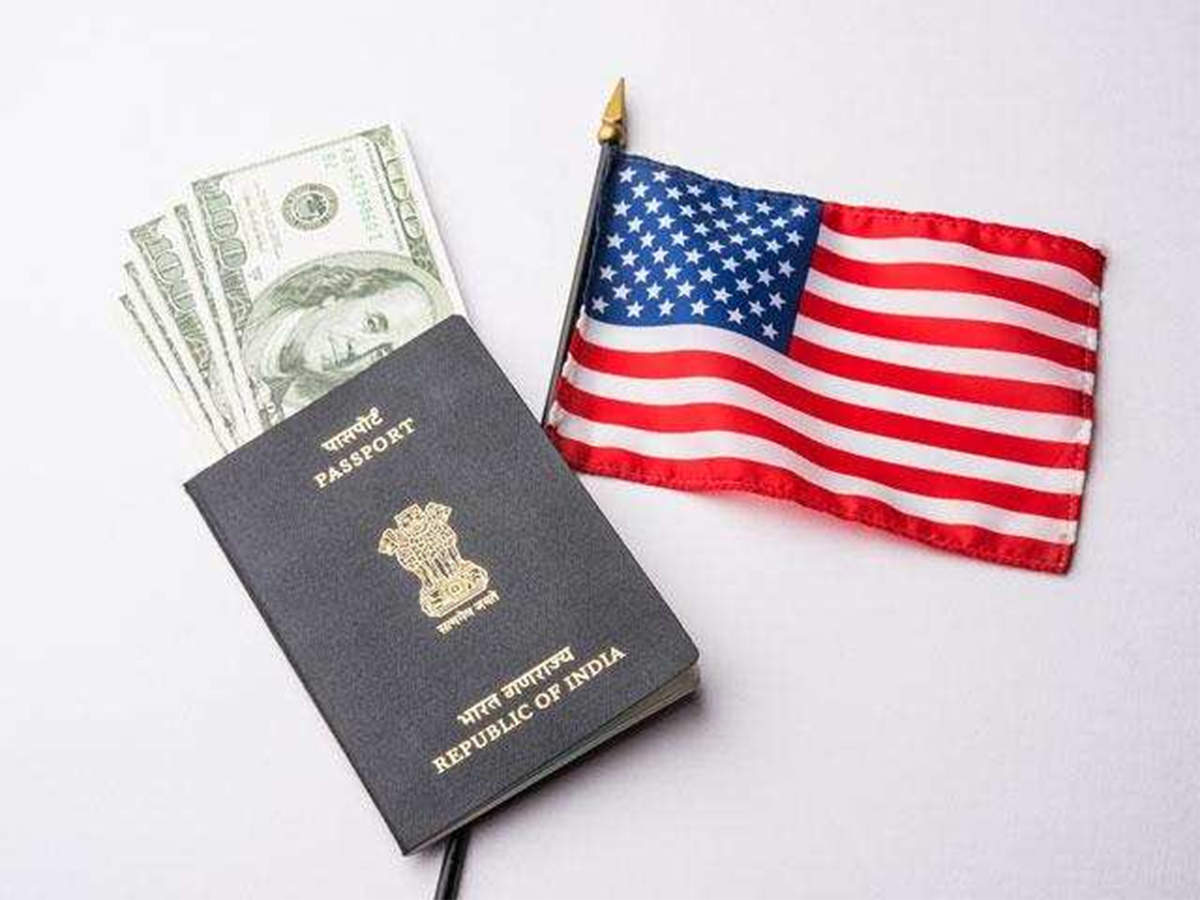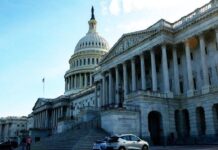WASHINGTON: Over 22,000 Indians, including nearly 7,000 women, have applied for asylum in the US since 2014, according to the latest official figures. The reason behind Indians seeking asylum in the US can be “unemployment or intolerance or both in India”, Satnam Singh Chahal, executive director of North American Punjabi Association (NAPA), said in a statement.
As many as 22,371 Indians have sought asylum in America since 2014, according to the information obtained by the NAPA through the Freedom of Information Act (FOIA) from the US Citizenship and Immigration Service’s National Records Centre.
These numbers are of “serious concern”, Chahal said. Of the total Indian asylum seekers in 2014, as many as 6,935 were women and 15,436 men, he said. Singh, who has been working among asylum seekers, said for those who manage to make it to the US through illegal means, the asylum-seeking process can exacerbate to their suffering.
After entering the US, many of these people hire private attorneys who charge them fee which is beyond their means to pay. Even for those minority of the asylum seekers, who are able to find counsel, the process can be difficult and stress-inducing as they are not eligible for a work permit until several months after submitting their applications.
Therefore, Singh said, Indians who wish to come to the US, must enter the country by legal ways to avoid any kind of hardships. He underlined that most asylum seekers face years-long and often painful period of waiting. Until they are granted asylum, they cannot bring even their immediate family members to the US, no matter the degree of danger they might be facing in their home country.
Earlier this month, Mexico deported 311 Indians, including one woman, for illegally entering the country to sneak into the US. At the start of the Trump administration in 2017, as many as 542,411 cases were pending before immigration judges. By September 2019, the backlog had grown to 1,023,767 “active” cases, Singh said quoting a data.
“This rises to 1,346,302 when cases that have not yet been calendared are added,” Singh said. PTI







